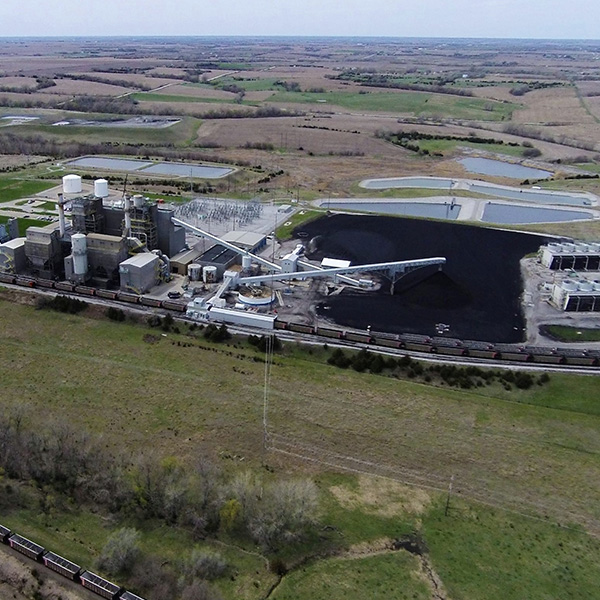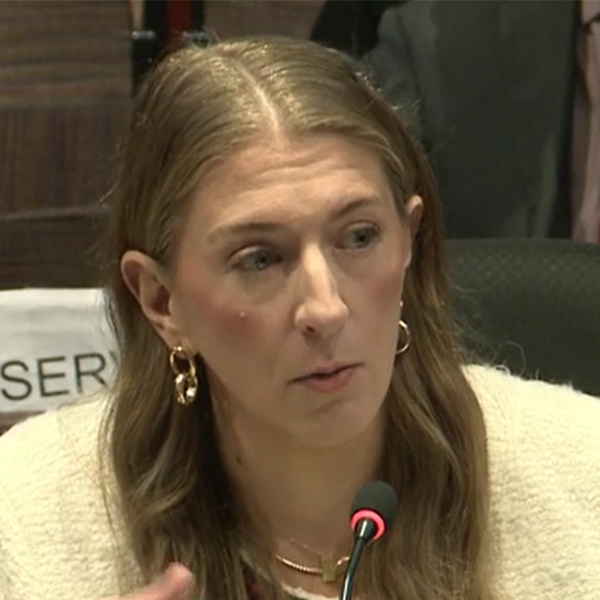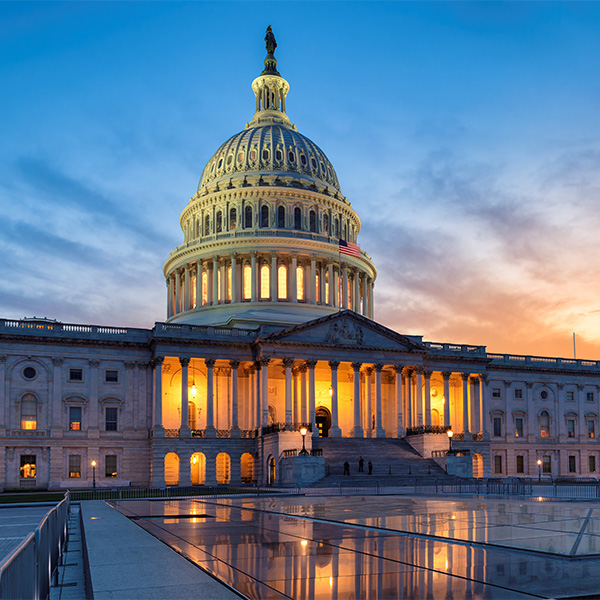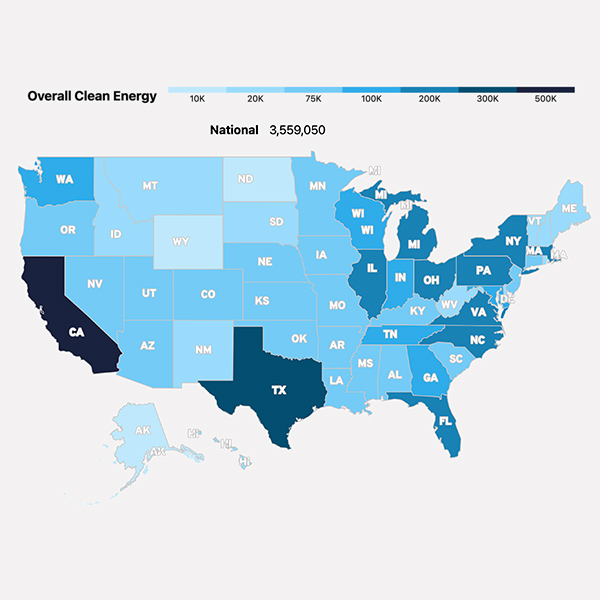NetZero Insider
Agriculture & Land UseBuilding DecarbonizationCookingEnergy EfficiencySpace HeatingWater HeatingCommentary & Special ReportsConference coverageCompany NewsEquity & EconomicsEmployment & Economic ImpactEnvironmental & Social JusticeFederal PolicyCongressDepartment of EnergyLoan Programs Office (LPO)Department of TransportationEnvironmental Protection AgencyFederal Energy Regulatory CommissionGeneral Services Administration (GSA)Interior DepartmentBureau of Land ManagementBureau of Ocean Energy ManagementNuclear Regulatory CommissionTreasury DepartmentWhite HouseGeneration & FuelsBioenergyFossil FuelsCoalNatural GasGeothermalHydrogenNuclearSMRRenewable PowerCommunity solarHydropowerOffshore Wind PowerOnshore Wind PowerSolar PowerRooftop solarUtility scale solarImpact & AdaptationIndustrial DecarbonizationState and Local PolicyAlabamaArizonaCaliforniaCA LegislationCalifornia Air Resources Board (CARB)California Energy Commission (CEC)California Public Utilities Commission (CPUC)ColoradoConnecticutDelawareDistrict of ColumbiaFloridaGeorgiaHawaiiIdahoIllinoisIndianaKentuckyLouisianaMaineMarylandMassachusettsMichiganMinnesotaMississippiMissouriMontanaNevadaNew HampshireNew JerseyNew MexicoNew YorkNYSERDAPublic Service CommissionNorth CarolinaNorth DakotaOhioOntarioOregonPennsylvaniaRhode IslandSouth CarolinaTennesseeTexasUtahVermontVirginiaWashingtonWest VirginiaWisconsinWyomingTechnologyCarbon CaptureTransmission & DistributionEnergy StorageMicrogridsTransportation DecarbonizationAirplane DecarbonizationEV chargersHeavy-duty vehiclesBattery Electric Buses (BEB)Fuel Cell Electric Buses (FCEB)Light-duty vehiclesBattery Electric VehiclesFuel Cell VehiclesPlug-in hybrid electric vehiclesShip electrificationClean Ports
Three cabinet-level agencies announced coordinated policies that are meant to improve coal's position in the energy system by improving power plants, cutting environmental regulations and increasing mining of the fuel.
New York, frenetic at the best of times, bordered on frantic when Climate Week coincided with the U.N. General Assembly meeting, writes Dej Knuckey.
The New York PSC granted a request by the developers of the Empire Wind 1 offshore wind project to perform cable installation during October and November.
Climate and consumer advocates called on Massachusetts lawmakers to preserve the state’s energy efficiency programs as legislators work to develop an energy affordability bill in response to high gas and electricity costs over the past winter.
Centrus Energy has begun preparing for the massive expansion of its Ohio uranium enrichment plant it will undertake if it receives federal funding.
The forthcoming resignation of Connecticut Public Utilities Regulatory Authority Chair Marissa Gillett has created high-stakes questions around the state’s adoption of a comprehensive performance-based regulation framework.
Democrats introduced a FERC-heavy bill to control electricity costs, House Energy & Commerce Committee Republicans tout bills passed out of committee, DOE returns $13 billion and some details from the Dallas Fed survey.
Several new reports and updates give snapshots and predictions about the changing direction of the U.S. energy sector.
It is only because of special interests that local and state governments would even consider prohibiting consumers from choosing natural gas as an energy source to meet their space, water heating, and cooking needs, writes energy economist Ken Costello.
Energy experts and officials stressed the importance of proactive transmission planning, interconnection reform and increased demand-side flexibility at Raab Associates’ New England Electricity Restructuring Roundtable.
Want more? Advanced Search










